Starting a Singapore international school search is a significant effort. With nearly 100 international schools to choose from, each offering distinct curricula, programs, and environments, understanding the different options available can help parents make the best choice for their child.
Types of Schools in Singapore
Local Schools: Singapore’s local schools are managed by the Ministry of Education and prioritize Singaporean citizens and permanent residents. While foreign students can apply through the Admissions Exercise for International Students (AEIS), admission is highly competitive due to limited spots. Families who are looking for a more globally focused education or guaranteed placement often look to international schools.
International Schools: These private institutions primarily serve expatriate families, offering a variety of curricula tailored to foreign students. They typically provide priority in admissions to non-citizens, which makes them a popular choice for expat families.
Key Factors to consider in your Singapore International School Search.
Here are some of the most important aspects to consider when selecting an international school in Singapore:
1. Curriculum Options
Singapore’s international schools offer over 50 curricula options, from globally recognized programs like the International Baccalaureate (IB) to country-specific curricula such as the British, American, and Australian systems. Families can choose based on their child’s academic needs, future education plans, or a desire for continuity with their home country system. For instance, the IB is often chosen by families looking for an internationally transferrable and holistic education approach.
2. Student and Teacher Diversity
The diversity in student and faculty backgrounds can vary significantly across schools. While some international schools maintain a predominantly British or American identity to cater to expats from those regions, others create a multicultural environment by following globally oriented programs like the IB. Schools with a diverse student body can offer a rich cultural experience, while others focused on one nationality may ease the transition for students moving from that specific country.
3. Language of Instruction
English is most international schools’ main language of instruction, but many also offer additional language programs. For instance, Mandarin is a common second language option, and some schools even offer bilingual tracks, allowing students to progress in multiple languages, which is particularly advantageous in Singapore’s multicultural setting.
4. Admissions Requirements, Eligibility, and Timelines
Each international school has unique admissions policies, including eligibility criteria, deadlines, and required documentation. Some schools have selective admissions based on academic standards, while others offer a more inclusive approach. It’s crucial to research application periods, as some schools have specific deadlines, whereas others accept applications year-round.
5. Extracurricular Programs
Singapore’s international schools provide extensive extracurricular opportunities. These range from sports teams to music, arts, and academic clubs. With up to 300 different programs across schools, students have the chance to explore a broad spectrum of interests, develop new skills, and build friendships outside the classroom.
6. Learning Support Programs
If your child has unique learning needs, consider the level of learning support available. Some schools have dedicated departments offering resources for diverse learning profiles, including students with special needs, while others may primarily cater to more typical student profiles. In-depth research or consulting with the school can clarify the level of support your child can expect.
7. Language Programs
International schools in Singapore often have strong second-language programs. Mandarin is commonly introduced in primary school, with options expanding in secondary school. Schools with bilingual or trilingual tracks offer a unique learning environment that fosters language skills and cultural awareness.
8. School Size and Cohort
The size of an international school can vary from 50 to over 6,000 students. Smaller schools foster close-knit communities where students receive more personalized attention, while larger schools offer broader academic and extracurricular programs. Families should consider whether their child would thrive in a larger, more competitive environment or a smaller, more intimate one.
9. School Facilities
School facilities can range from sprawling campuses with extensive sports fields and creative arts spaces to more compact, conveniently located campuses in urban buildings. Some schools boast swimming pools, theaters, and advanced technology labs, which may be important to families looking for a campus that complements their child’s interests.
10. Tuition Fees
Tuition fees vary widely across international schools in Singapore. Annual fees for a 6-year-old student can range from SGD 20,000 to SGD 50,000 or more, depending on the school and programs offered. Setting a budget in advance and comparing fees across schools can help narrow down the options.
- Premium Schools (SGD 40,000 – 50000).
- Mid Range Schools (SGD 30,000 – 40,000)
- Value Schools (SGD 20,000 – 30,000)
11. Location and Commute
Singapore’s compact size means that most international schools are accessible within a reasonable commute. However, proximity to home can still impact daily travel time, especially during peak traffic. Many schools offer island-wide bus services, but considering commute time and convenience remains important.
How ED-SG Education Consultants Elevate Your Search:
- Tailored School Matching: Our consultants carefully assess your family’s priorities, identifying schools that best align with your preferences in curriculum, extracurricular activities, and cultural fit.
- In-Depth Local Expertise: With extensive knowledge of Kuala Lumpur’s educational landscape—including admissions processes, waitlists, unique programs, and school environments—we give you a complete view of each option.
- Transparent Price Comparison: We offer a clear, detailed comparison of tuition and fees across schools, helping you make budget-conscious choices with confidence.
- Organized Tours & Application Support: From arranging personalized school visits to simplifying applications, we guide you every step of the way for a smooth, stress-free experience.
End-to-End Guidance: From your first consultation to final enrollment, ED-SG is committed to making the entire school placement journey seamless and successful – all at no cost to families.
Book a consult with us to find out more.






